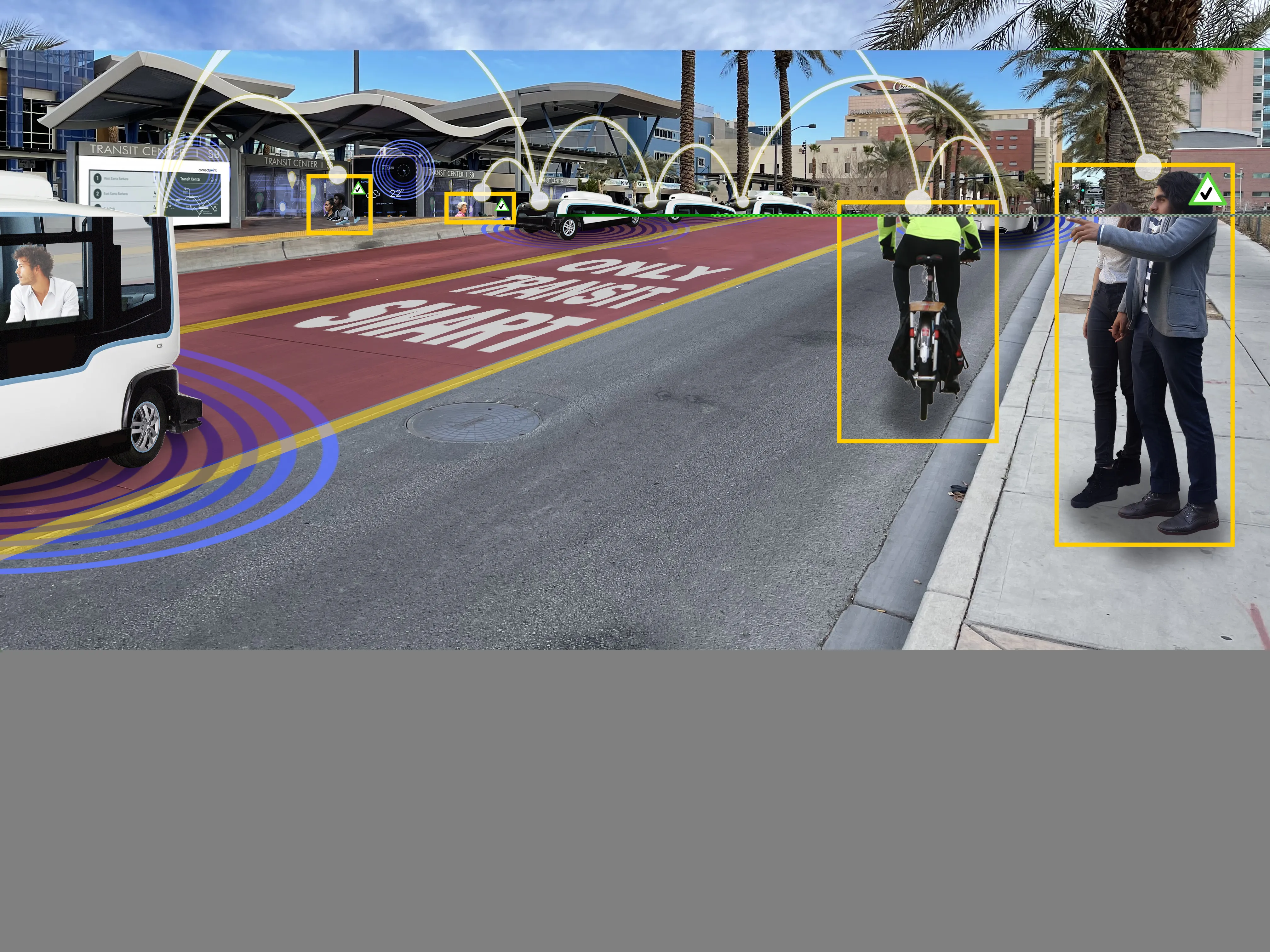Ford engineers have developed a car seat that can monitor a driver's heartbeat, opening the door to a wealth of health, convenience and even life-saving potential. A joint project undertaken by experts from Ford's European Research and Innovation Centre in Aachen, Germany and Rheinisch-Westfalische Technische Hochschule (RWTH) Aachen University, the seat uses six special embedded sensors to detect electrical impulses generated by the heart.
May 16, 2012
Read time: 2 mins
"Although currently still a research project, the heart rate monitor technology developed by Ford and RWTH Aachen University could prove to be a hugely important breakthrough for Ford drivers, and not just in terms of the ability to monitor the hearts of those known to be at risk," said Dr. Achim Lindner, Ford European Research and Innovation Centre medical officer.
"As always in medicine, the earlier a condition is detected the easier it is to treat and this technology even has the potential to be instrumental in diagnosing conditions drivers were previously unaware they had."
Data collected by the sensors, for example, could be analysed by medical experts or onboard computer software. Possibilities therefore abound, notes Lindner, from linking to remote medical services and Ford vehicle safety systems to even providing real-time health information and alerts of imminent cardiovascular issues such as a heart attack.










